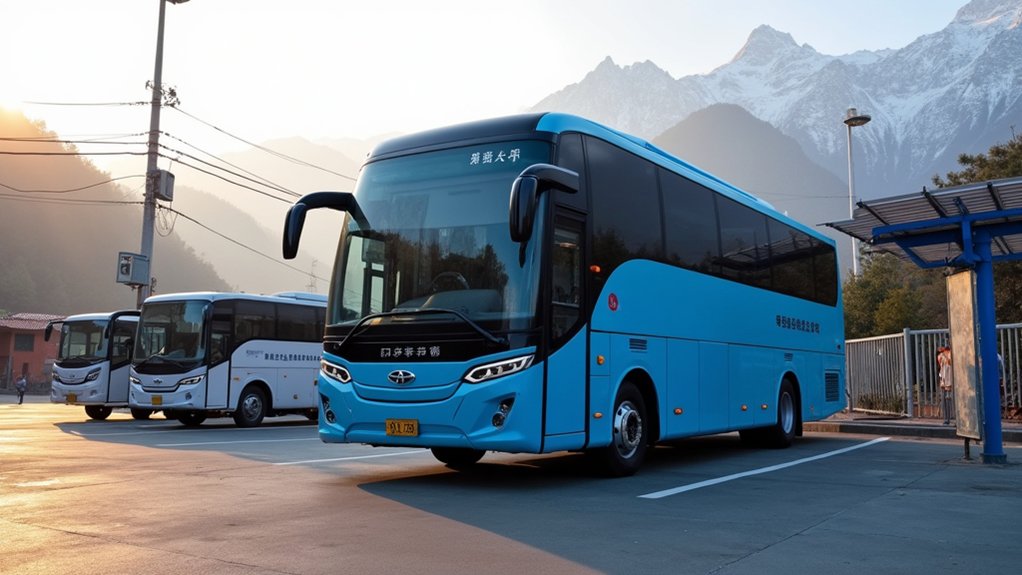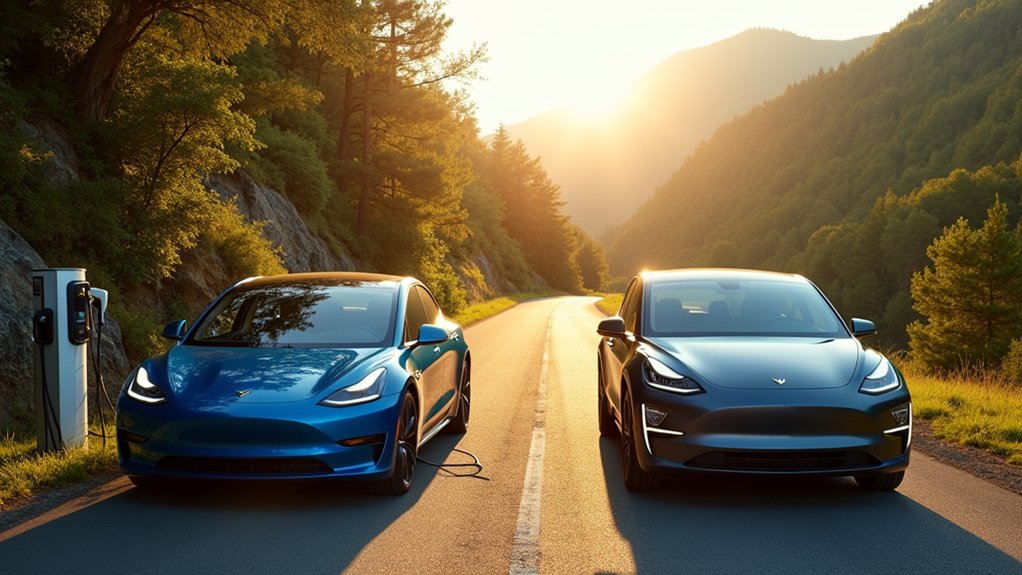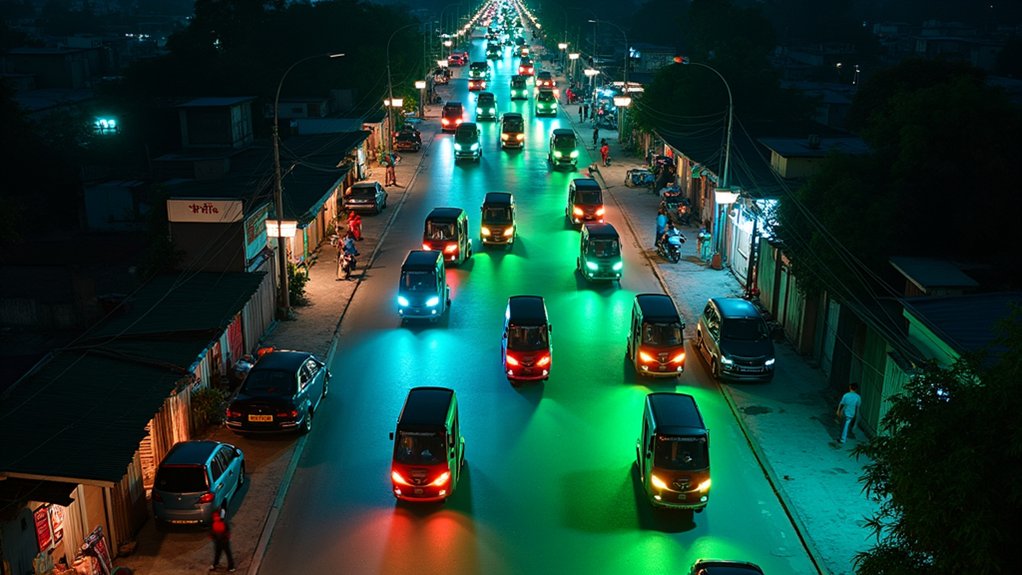While Nepal has long struggled with sustainable urban transportation, China’s recent export of 40 electric buses marks a notable milestone in the Himalayan nation’s shift toward cleaner public transit. The $3.7 million deal between Sajha Yatayat and China’s CHTC company represents the latest chapter in decades of Sino-Nepal transport cooperation dating back to the 1970s trolleybus era.
These vehicles, specifically engineered for Nepal’s challenging topography, come equipped with 90kW charging infrastructure capable of replenishing two buses simultaneously within a four-hour window.
The financial accessibility of these Chinese EVs cannot be overstated. I’ve analyzed comparable market offerings and found these units deliver exceptional value with considerably reduced operational costs versus diesel counterparts. The package includes not just vehicles but exhaustive parts supply chains and technical support—critical factors for successful fleet integration in developing markets.
Chinese EVs offer unparalleled value through lower operational costs and comprehensive support systems essential for developing markets.
The rapid deployment capability of pre-tested units provides immediate relief to Kathmandu’s congested streets. This change cleverly leverages Nepal’s abundant hydroelectric resources, creating a symbiotic relationship between transportation and domestic energy production. The buses fundamentally run on Nepal’s own renewable energy, reducing the country’s petroleum import burden while slashing emissions.
It’s a masterful alignment with both nations’ sustainability goals. China’s expanding role in Nepal’s infrastructure development clearly extends beyond mere commerce. These electric buses represent strategic investment under the Belt and Road Initiative, cementing bilateral relations through practical, high-visibility projects. The initiative aligns perfectly with Nepal’s ambitious net-zero energy goal by 2045.
The deployment supports the Ministry of Physical Infrastructure and Transport objective to introduce 3,500 Electric Mini- and Microbuses throughout the country. The 90kW charging stations being installed will form the backbone of a growing EV ecosystem in the capital and beyond. For Nepal, Chinese-manufactured electric buses offer the perfect confluence of affordability, technological accessibility, and environmental benefit. These stations incorporate smart charging technologies that optimize electricity usage and can integrate with Nepal’s growing renewable energy grid.
While certainly enhancing China’s regional influence, this partnership delivers tangible improvements to Nepal’s transportation landscape. The collaboration demonstrates how technological transfer can accelerate sustainable development in emerging economies when aligned with local energy advantages.







